Turkey tail mushroom, scientifically known as Trametes versicolor or Coriolus versicolor, has gained significant attention in the world of natural supplements, particularly for its potential supportive role in breast cancer treatment. This multicolored fungus with fan-shaped fruiting bodies resembling turkey tails has been used in traditional Chinese medicine for centuries. Modern research continues to explore its promising benefits for immune support and potential applications in complementary cancer care.
What is Turkey Tail Mushroom?
Turkey tail is a medicinal mushroom that grows on dead logs and tree stumps worldwide. Its distinctive appearance features concentric rings of varying colors, resembling the tail feathers of a wild turkey. Beyond its visual appeal, this fungus contains bioactive compounds that have sparked interest among researchers studying complementary approaches to cancer support.
The mushroom's primary beneficial components include:
- Polysaccharide-K (PSK): A protein-bound polysaccharide isolated from turkey tail that has been extensively studied
- Polysaccharide Peptide (PSP): Another important compound with potential immune-modulating properties
- Beta-glucans: Complex sugars that may help stimulate the immune system
- Antioxidants: Compounds that help protect cells from damage

The Research Behind Turkey Tail Mushroom for Breast Cancer
Clinical Studies and Evidence
The scientific community has conducted several studies examining the potential benefits of turkey tail mushroom extracts for cancer patients, including those with breast cancer. Here's what research has revealed:
Japanese Clinical Trials
In Japan, PSK (marketed as Krestin) has been approved as an adjunct treatment for several cancers since the 1980s. A significant body of research has accumulated regarding its use alongside conventional treatments.
Breast Cancer Specific Research
Several studies have specifically investigated turkey tail's potential for breast cancer patients:
-
A phase I clinical trial conducted by researchers at the University of Minnesota found that turkey tail mushroom supplements may help strengthen immune function in women who had completed radiation therapy for breast cancer.
-
Research published in the journal "Global Advances in Health and Medicine" observed improved immune markers in breast cancer patients who took turkey tail supplements.
-
A study in the "ISRN Oncology" journal suggested that PSK supplementation might improve survival rates when used alongside standard treatments.
Potential Mechanisms of Action
The potential benefits of turkey tail mushroom for breast cancer patients appear to work through several mechanisms:
-
Immune system modulation: Turkey tail extracts may enhance natural killer (NK) cell activity, which plays a critical role in identifying and eliminating cancer cells.
-
Anti-inflammatory effects: Chronic inflammation is associated with cancer progression, and turkey tail's anti-inflammatory properties may help mitigate this.
-
Antioxidant protection: The antioxidants in turkey tail mushrooms may help protect healthy cells from damage.
-
Gut microbiome support: Emerging research suggests that turkey tail may promote beneficial gut bacteria, which in turn supports immune function.
How Turkey Tail May Complement Conventional Breast Cancer Treatments
Integration with Standard Therapies
Turkey tail mushroom extracts are generally considered as complementary approaches, not replacements for standard medical care. Their potential benefits may include:
During Chemotherapy
Some studies suggest that PSK may help reduce certain side effects of chemotherapy while potentially enhancing its effectiveness by supporting immune function.
After Radiation
Research indicates that turkey tail supplements might help restore immune function that may be compromised during radiation therapy.
Long-term Recovery
The immune-supporting properties of turkey tail mushrooms may be beneficial during the recovery phase after primary treatment has concluded.
Potential Quality of Life Improvements
Beyond direct effects on cancer cells, turkey tail mushroom supplements may offer quality of life benefits for breast cancer patients:
- Potential reduction in treatment-related fatigue
- Support for overall energy levels
- Possible improvement in stress response
- General immune system support during a vulnerable time
How to Use Turkey Tail Mushroom as a Supportive Supplement
Forms and Preparations
Turkey tail mushroom supplements come in various forms, each with different considerations:
Capsules and Tablets
- Convenient and provide consistent dosing
- Look for products standardized for PSK or PSP content
- Typically taken 2-3 times daily with meals
Powders
- Can be added to smoothies, soups, or beverages
- Allow for flexible dosing
- May have a stronger mushroom taste
Liquid Extracts and Tinctures
- Quickly absorbed
- Easier to adjust dosage
- May be preferable for those who have difficulty swallowing pills
Tea
- Traditional preparation method
- May be less concentrated than extracts
- Creates a ritual that some find beneficial
Dosage Considerations
Dosages of turkey tail supplements vary based on the preparation and concentration. Common ranges include:
- Capsules: Typically 500-1000mg, taken 2-3 times daily
- Extracts standardized for PSK: Often 1-3g daily, divided into multiple doses
- Powders: Usually 1-2 teaspoons (2-4g) daily
It's important to note that optimal dosages have not been definitively established, and needs may vary based on individual circumstances.

Important Considerations Before Starting Turkey Tail Supplements
Consultation with Healthcare Providers
Before adding turkey tail mushroom supplements to a breast cancer treatment plan, patients should:
- Discuss the supplement with their oncologist and entire healthcare team
- Review potential interactions with current medications
- Consider timing around treatments
- Understand that supplements are not regulated like prescription medications
Quality and Sourcing
The effectiveness and safety of turkey tail supplements depend significantly on their quality:
What to Look For
- Supplements made from the whole fruiting body (not just mycelium)
- Products tested for heavy metals and contaminants
- Certified organic sources when possible
- Companies that provide certificates of analysis
- Supplements that specify PSK/PSP content
Potential Red Flags
- Exaggerated health claims
- Extremely cheap products (quality extracts require extensive processing)
- Lack of transparency about sourcing and testing
Potential Side Effects and Safety Profile
Known Side Effects
Turkey tail mushroom supplements are generally well-tolerated, but some individuals may experience:
- Mild digestive discomfort
- Changes in bowel movements
- Rare allergic reactions (more common in those with known mushroom allergies)
- Darkening of the fingernails (rare, with high doses of PSK)
Drug Interactions
While significant interactions are uncommon, turkey tail may potentially interact with:
- Immunosuppressant medications
- Blood thinners
- Certain diabetes medications
Most side effects, when they occur, tend to be mild and temporary.
Success Stories and Patient Experiences
While individual experiences cannot replace scientific evidence, many breast cancer patients have reported positive experiences with turkey tail mushroom supplementation:
- Some describe improved energy levels during treatment
- Others report feeling that their immune system seems more resilient
- Many appreciate having an active role in supporting their body during treatment
It's important to note that these anecdotal reports vary widely, and results are not universal or guaranteed.
Future Research Directions
The scientific exploration of turkey tail mushroom for breast cancer continues to evolve. Promising areas of ongoing and future research include:
Combination Approaches
Researchers are investigating how turkey tail extracts might work synergistically with:
- Emerging immunotherapy treatments
- Targeted cancer therapies
- Other medicinal mushrooms and natural compounds
Personalized Medicine
As medicine moves toward more personalized approaches, researchers are exploring:
- Which specific breast cancer subtypes might benefit most from turkey tail supplementation
- Genetic factors that may influence response
- Optimal dosing based on individual factors
Longer-term Studies
Future research will likely include:
- Extended follow-up periods to assess long-term outcomes
- Larger participant groups for more robust statistical analysis
- More diverse patient populations
The Bigger Picture: Integrative Approaches to Breast Cancer
Holistic Support During Cancer Treatment
Turkey tail mushroom supplementation represents just one aspect of potential integrative support during breast cancer treatment. Other evidence-based complementary approaches include:
- Appropriate physical activity
- Nutrition optimization
- Stress reduction techniques
- Sleep quality improvement
- Social support enhancement
The Importance of a Multidisciplinary Approach
The most promising outcomes typically come from comprehensive care that:
- Maintains conventional medical treatment as the foundation
- Incorporates evidence-based complementary approaches
- Addresses physical, emotional, and psychological needs
- Takes individual preferences and values into account
Conclusion: Turkey Tail Mushroom as Part of a Comprehensive Approach
Turkey tail mushroom supplements show promise as a complementary approach for breast cancer patients, primarily through immune system support. The existing research, particularly regarding PSK, offers encouraging evidence while acknowledging the need for further investigation.
For breast cancer patients considering turkey tail supplementation, the key takeaways include:
- Turkey tail extracts may offer immune support during and after conventional treatments
- Quality and proper sourcing are essential considerations
- Open communication with healthcare providers is crucial
- Individual responses may vary
- Supplements should complement, not replace, standard medical care
As research continues to evolve, turkey tail mushroom may become an increasingly well-understood component of integrative breast cancer care, potentially offering patients additional support during a challenging journey.
Remember that each person's cancer experience is unique, and what works well for one individual may not be appropriate for another. The decision to incorporate turkey tail mushroom supplements should be made thoughtfully, with careful consideration of the individual's specific circumstances, in partnership with qualified healthcare providers.

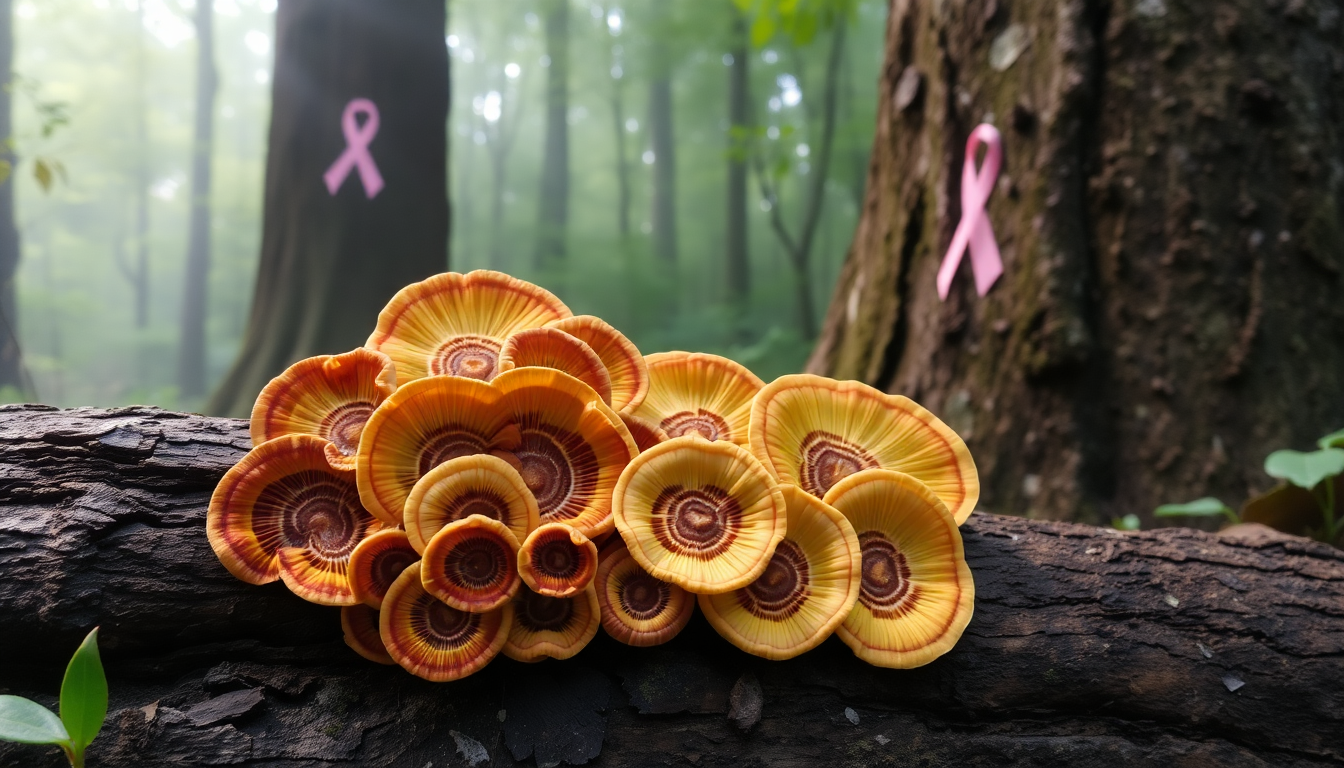

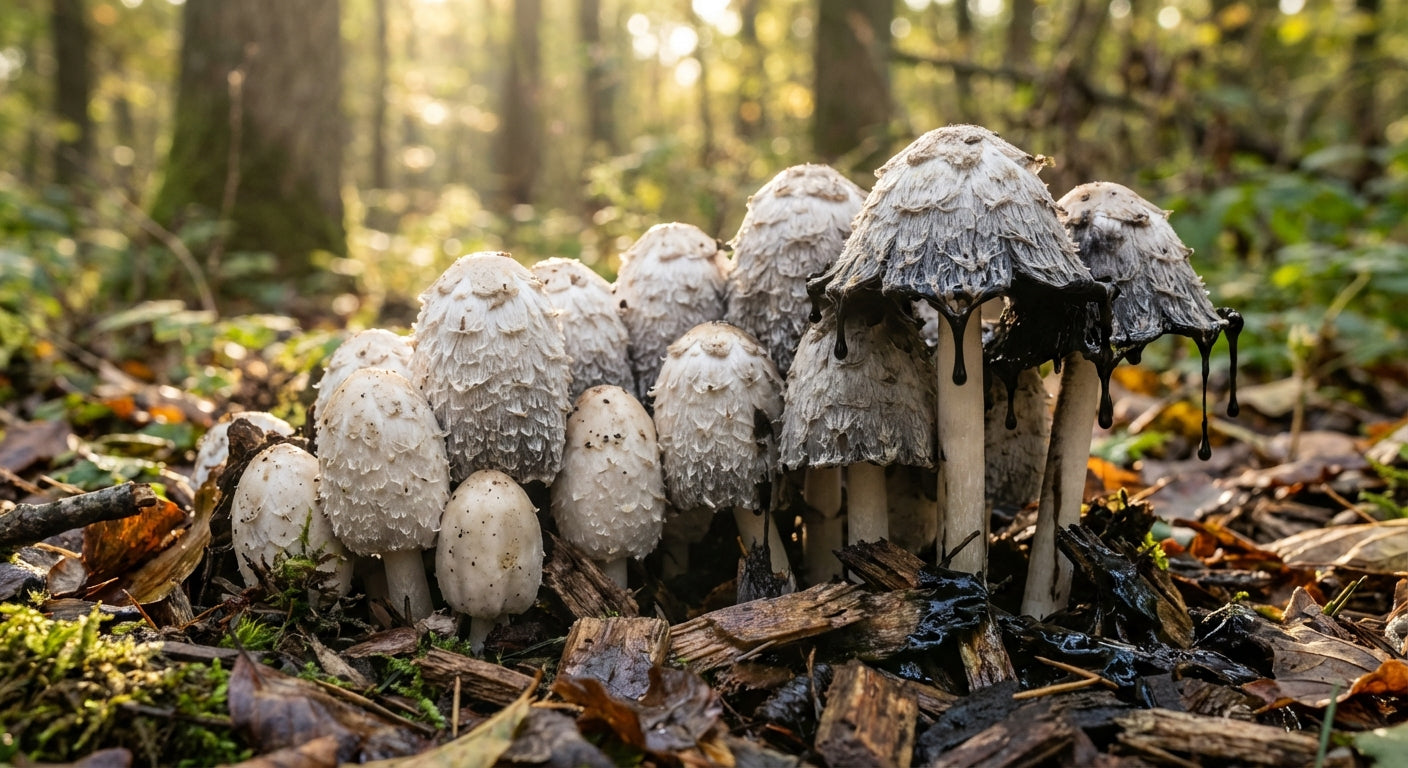
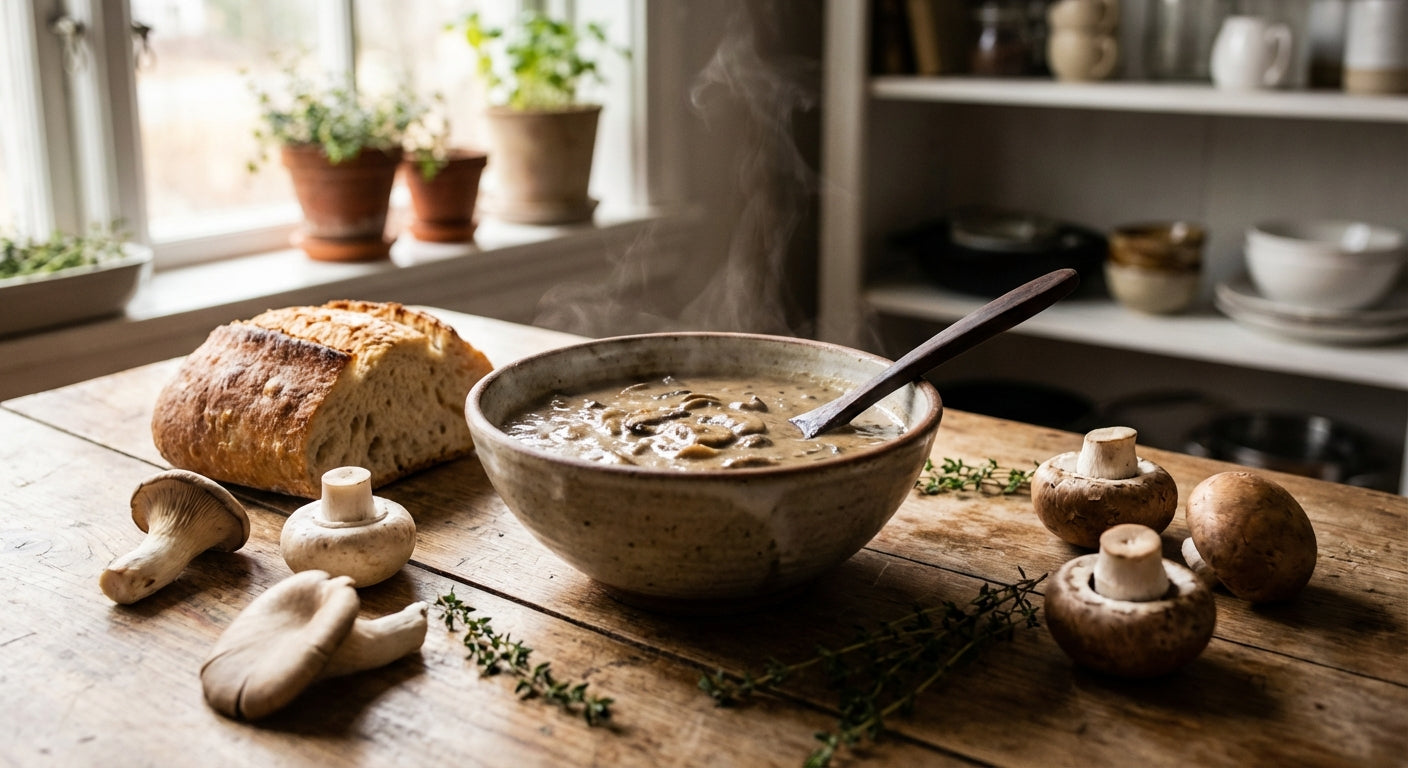
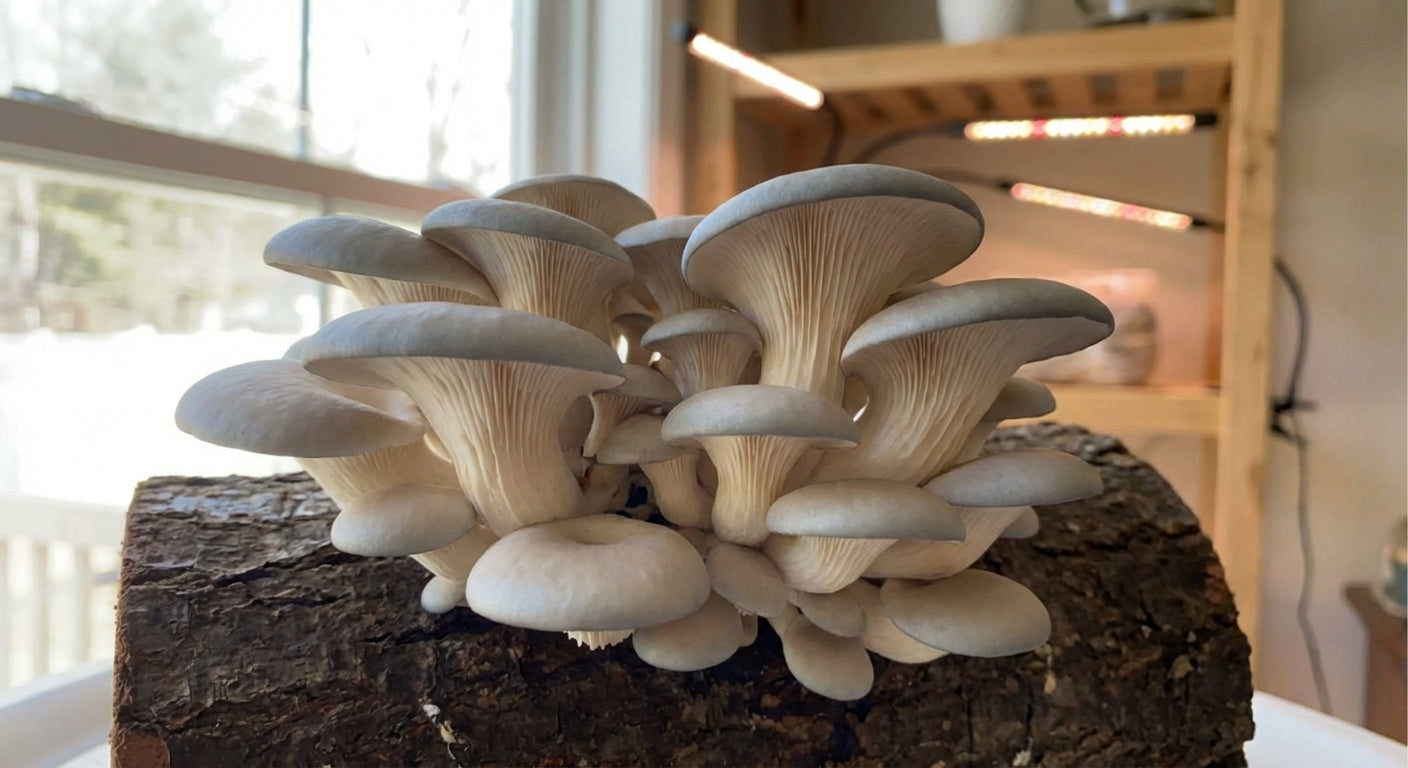
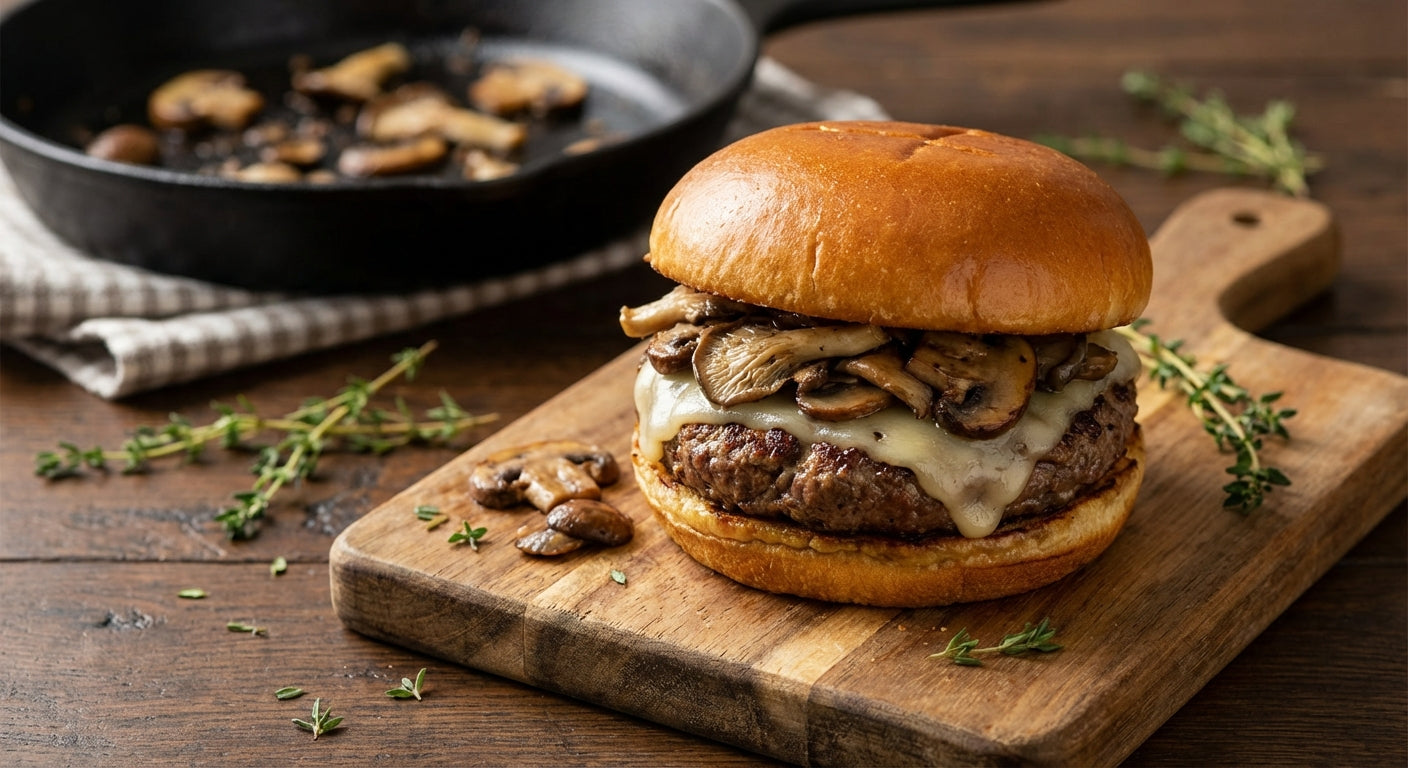
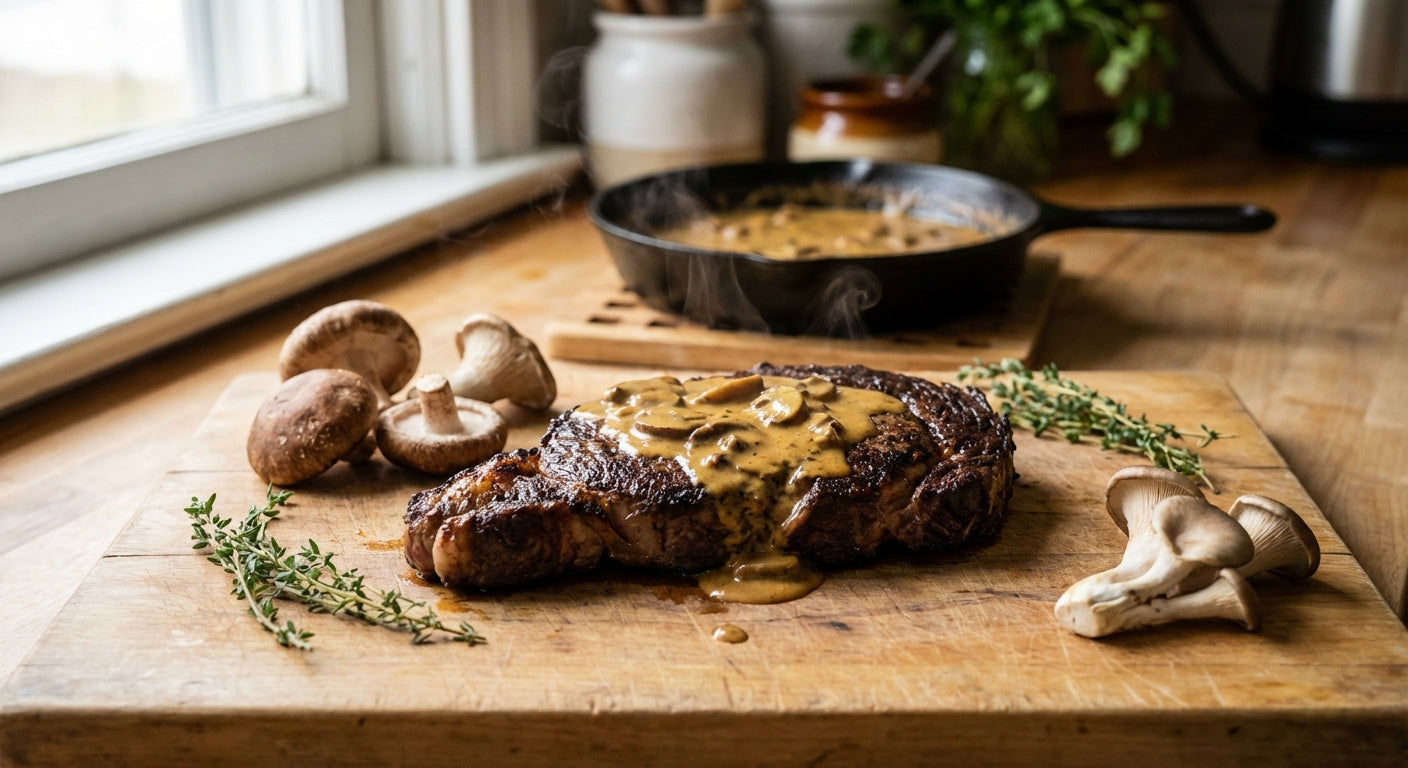




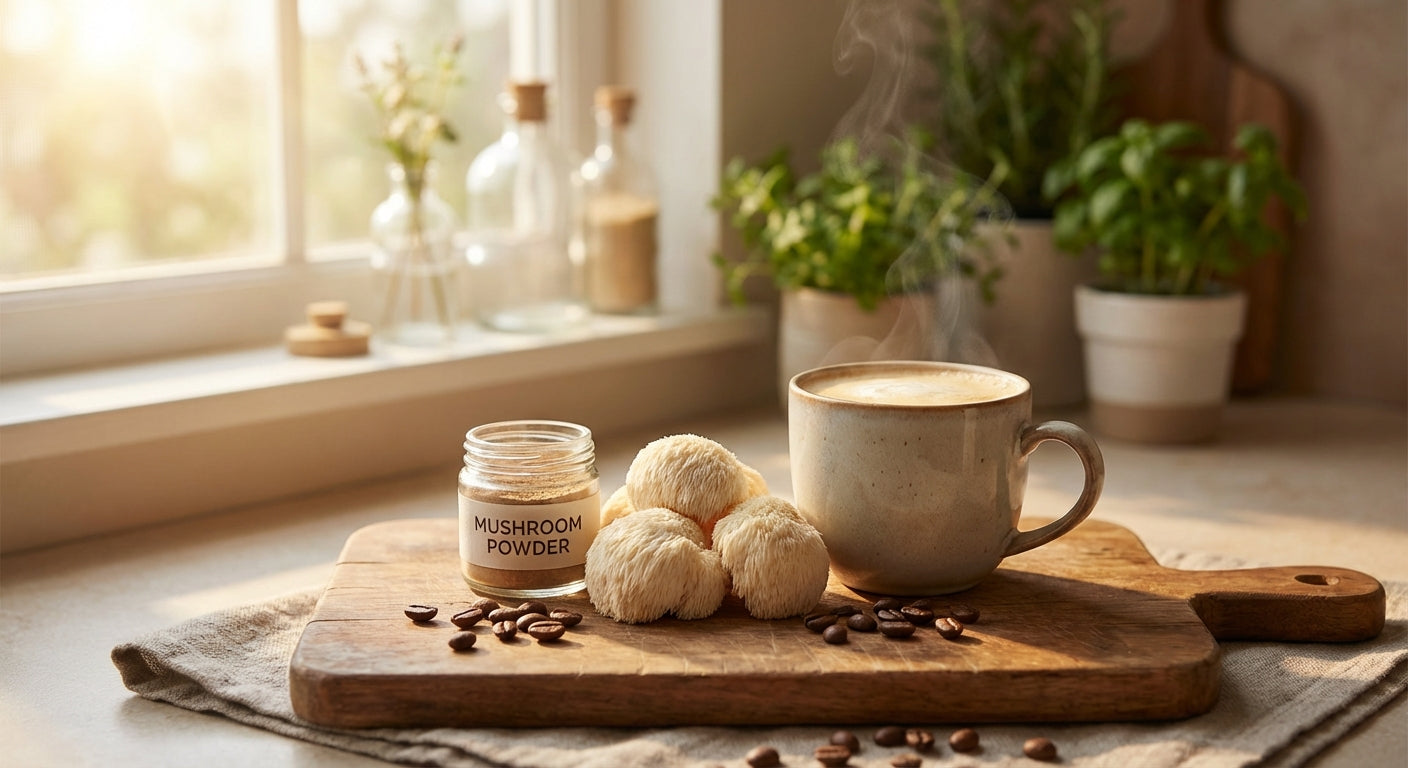
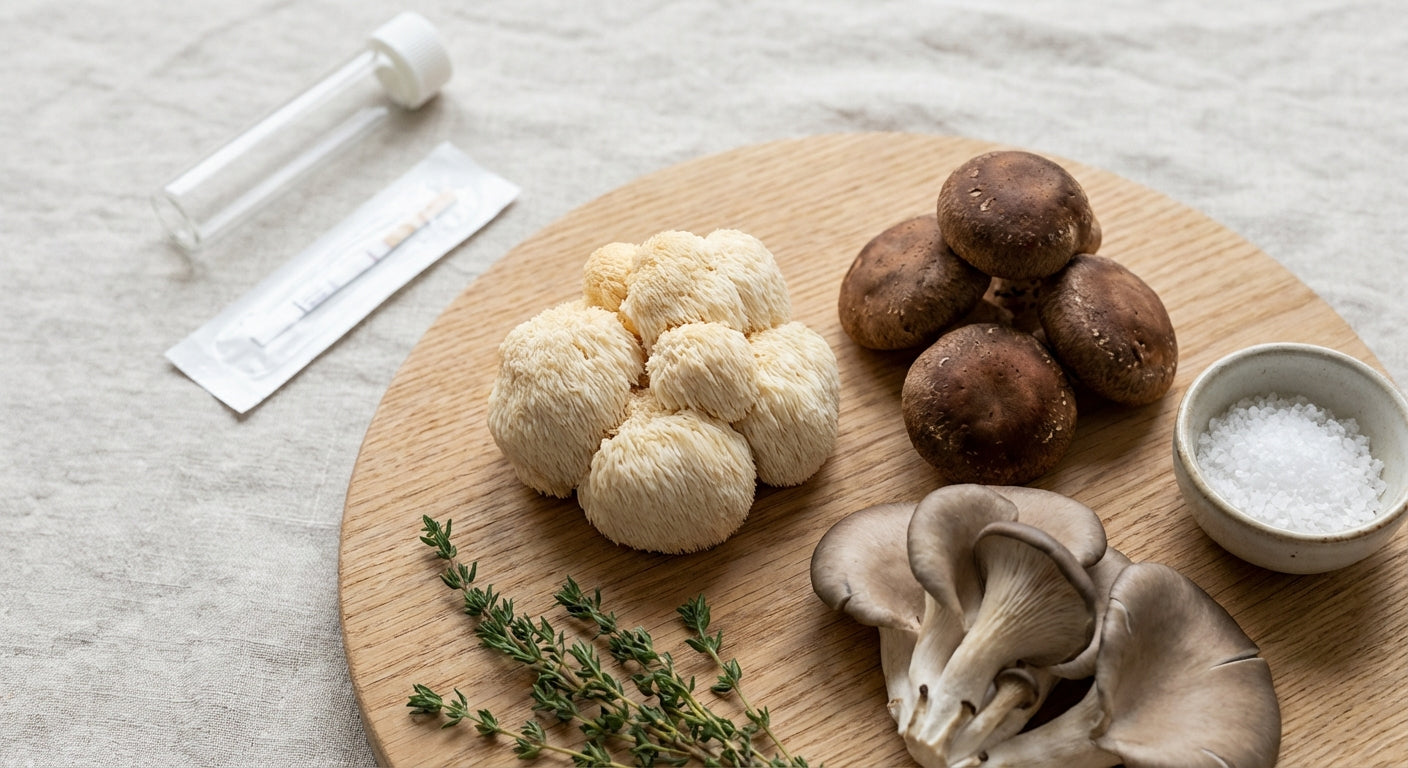
Share:
Turkey Tail Mushroom Cultivation Made Easy
Turkey Tail Mushroom: A Secret to Weight Loss